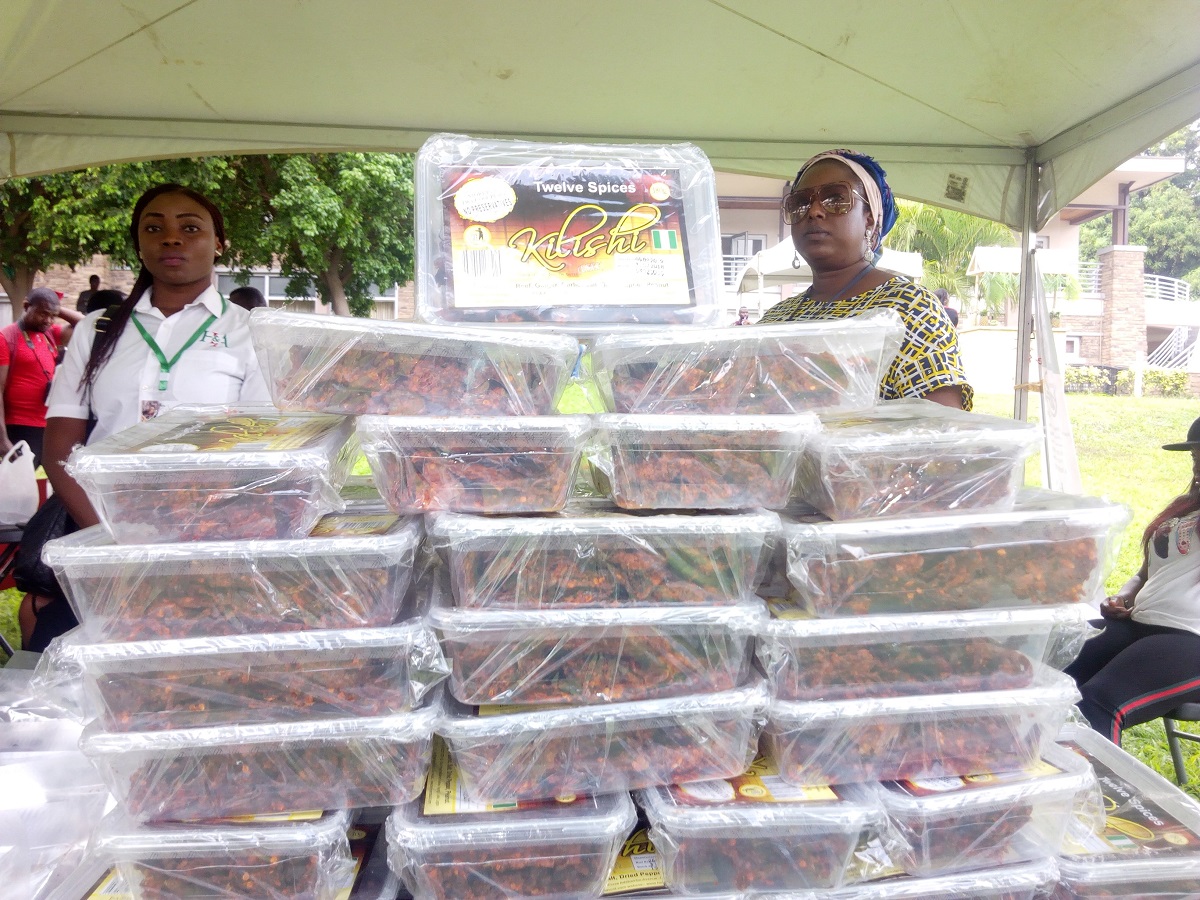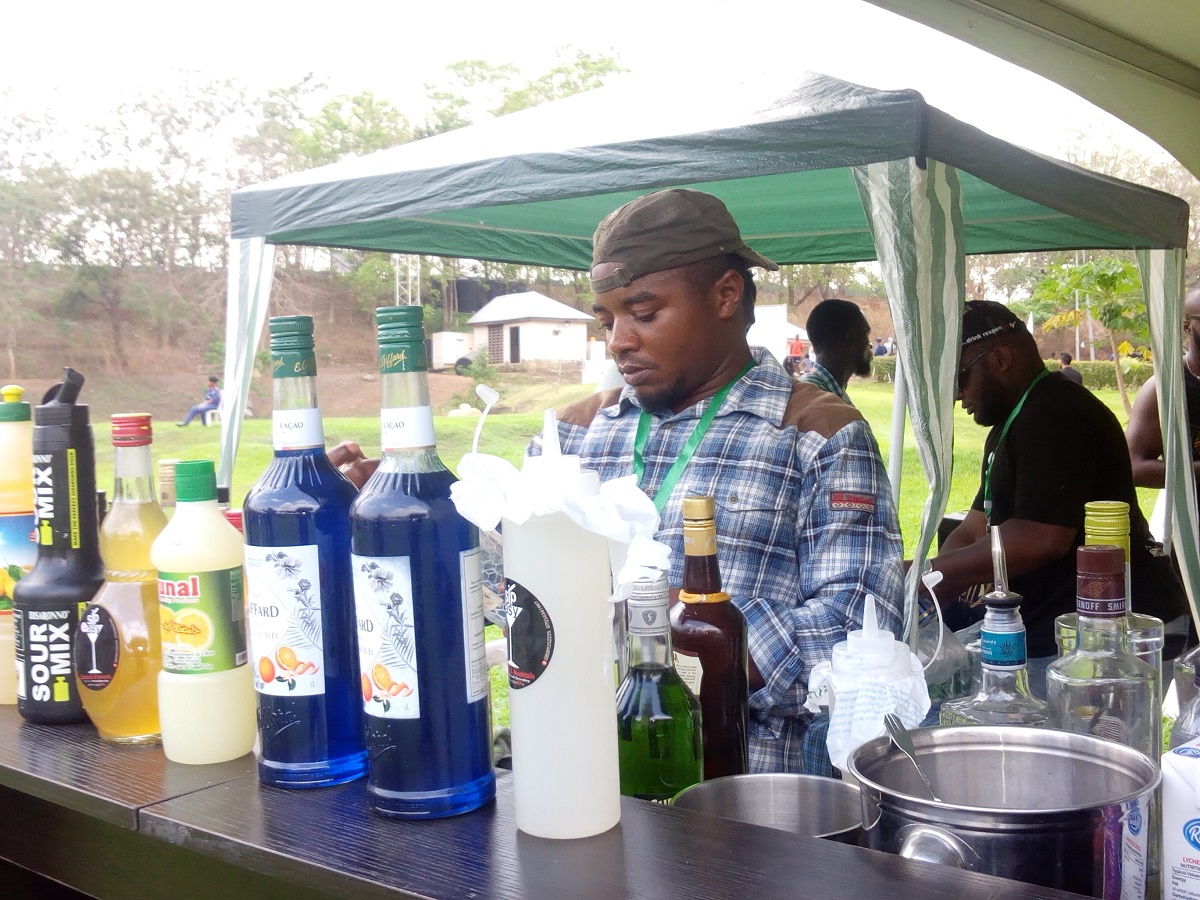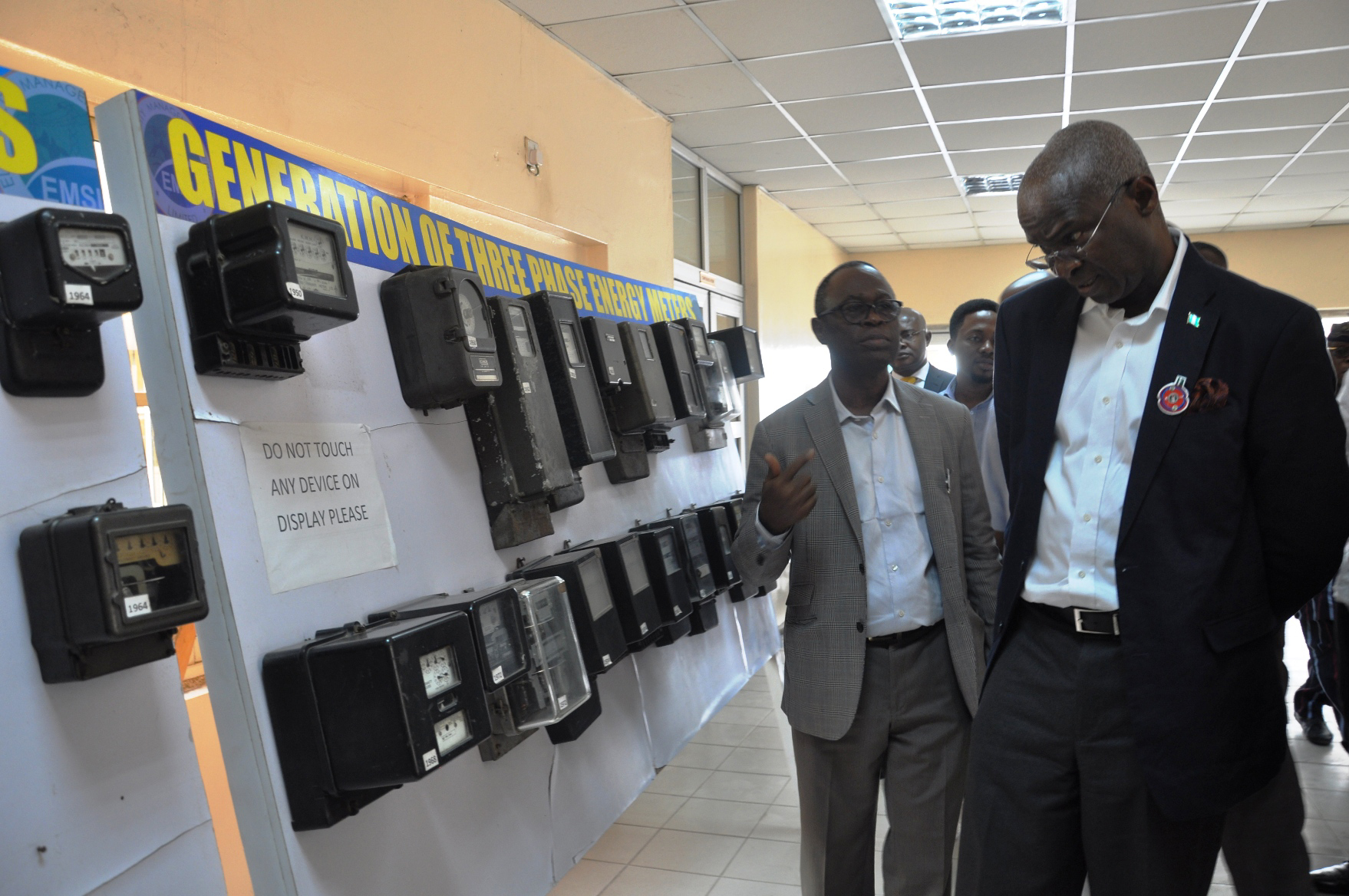Abuja came alive this weekend as residents trooped out to savour local delicacies from different parts of the country in the first Nigerian Flavours event held at the exquisite Harrow Golf Park in Abuja.
The event which brought together several eateries and food vendors, was organised by parastatals of the ministry of information, culture and tourism.
Fara Goga, head of hospitality department in the National Institute of Hospitality and Tourism (NIHOTOUR), told TheCable that if promoted, the diverse cultural makeup of Nigeria would create a viable revenue stream for the country.
“Imagine the rich dishes that we have in the country; egusi soup, tuwo, amala, ukodo, asun, Edikang Ikong, nkwobi …..these delicacies are so unique to our various ethnicities. If we can market these delicacies aggressively, you’ll see that even in hotels abroad, there would be a strong demand for Nigerian food. Look at the Chinese and French, it’s simple marketing that did it for them,” she said.
Advertisement

She said NIHOTOUR was training service providers to meet international standards.
Nnoma Ogbuegbu, founder of Liquor Well Delivery, said adhering to best practices, and building brand confidence would help drive international demand for Nigerian dishes as well as drink products.
“Once the international visitor or customer is convinced that our cuisine is of standard, marketing would be easier,” she said.
Advertisement
“Fortunately, our food products tend to be mostly natural; we don’t add much processing which makes our dishes healthier. This is a huge plus we must capitalise on.”
POOR PACKAGING

There had been complaints in the past that Nigerian food exports were unmarketable abroad because of poor packaging. But it would appear some Nigerians are striving to change this perception.
Advertisement
“When I returned to the country from abroad, I set up my Kilishi factory, because I discovered that we don’t package it properly. In terms of hygiene, it would be difficult to sell outside the country. In my business, we have quality control and stick to the best practices,” said Marian Morotope-Paul
“We process our products here in Abuja into small, medium and large sizes and send to Lagos; we supply over 900 supermarkets in the country and the feedback is encouraging,” she said.
LOCAL DRIVE NECESSARY

Advertisement
Nigeria’s hospitality/tourism sector is estimated to have contributed about 4.8% to the country’s gross domestic product (GDP) in 2016.
With most of the income in the sector locally generated, Olasunkanmi Williams, an events manager and Egypt-trained chef, told TheCable that a clear roadmap by the government was needed in terms of infrastructure and awareness to get foreign investment into the sector, just like the entertainment industry.
Advertisement
“I was trained as a chef in Egypt and I must tell you that the local cuisine is massively sought after by visitors,” he said.
“All we need is to have a synchronized plan that gets everyone hooked on. Today’s event is a good start, we need more of this.”
Advertisement
The Nigerian flavours event also featured music, merchandising opportunities for arts, crafts/fashion, and children’s games.
Advertisement
3 comments






I am a huge fan of Nigerian food. I have been eating this food since my childhood.
Thanks for sharing such a piece of great information… It really helped me…I always search to read the quality content and finally I found this in your post. keep it up!
This is a good piece of content